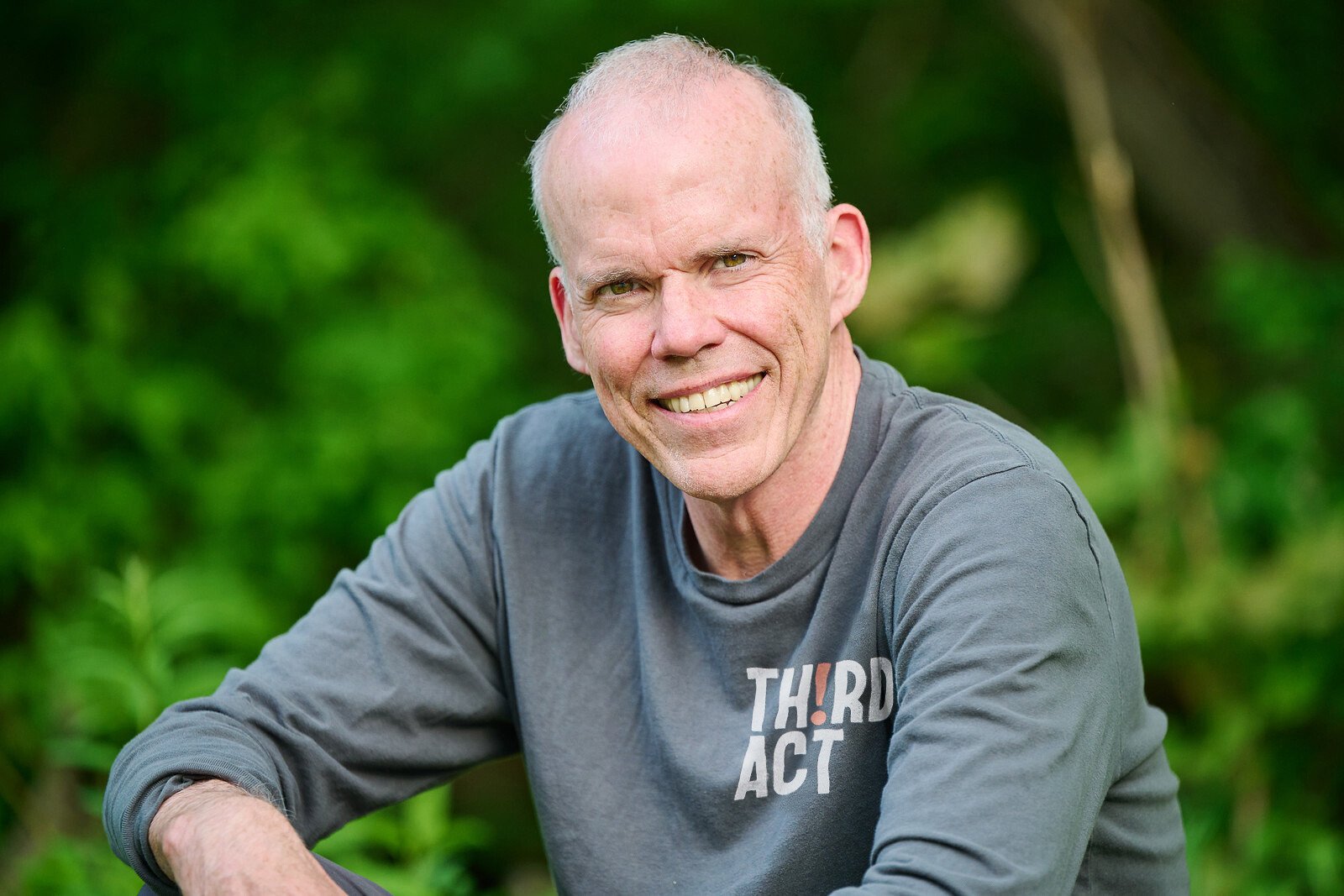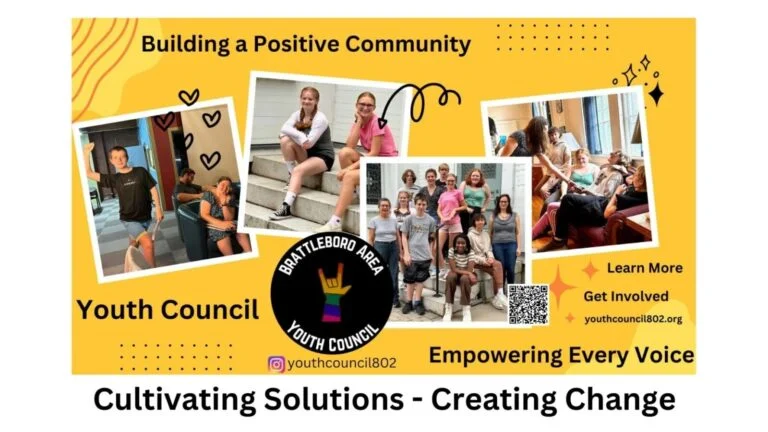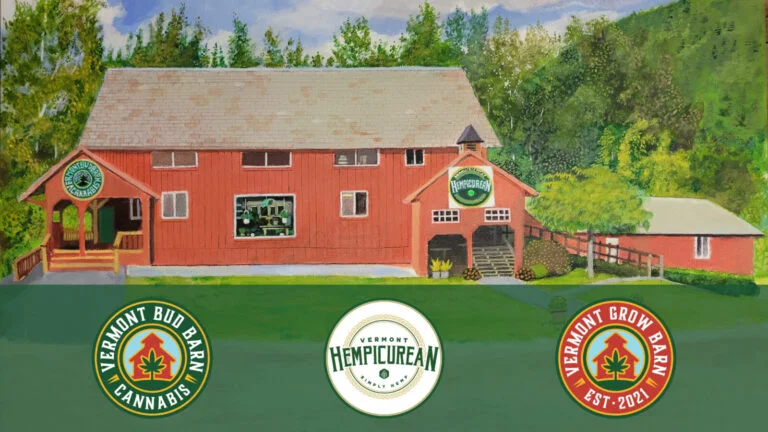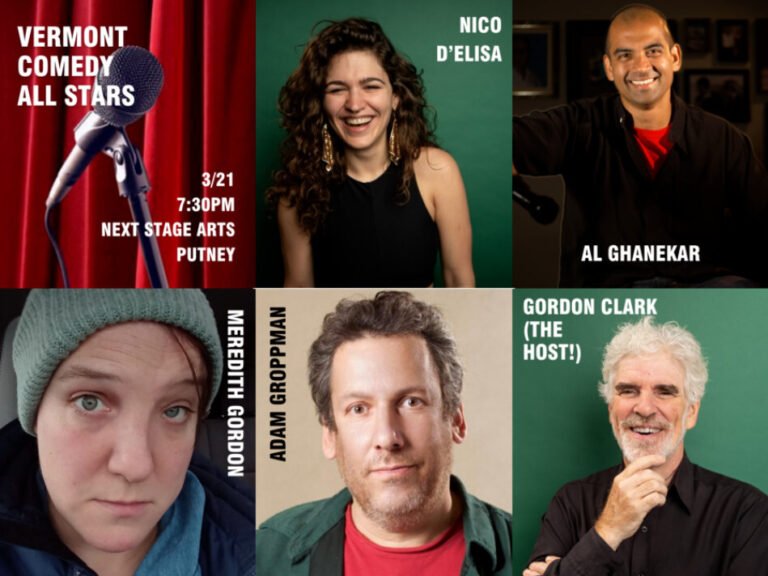PUTNEY, VT— Join Next Stage for an evening of discussion and music inspired by the climate crisis and environmental activism. New York Times bestselling author and historian Douglas Brinkley and environmentalist and author Bill McKibben will talk about their writings on climate action and environmental history, in a discussion moderated by Vanessa Vadim. The evening will open with music from traveling composer-performer Ben Cosgrove, whose music explores themes of landscape, place, and environment. The event will take place at Next Stage on Saturday, April 13 at 7:30 pm.
“It will be one of those nights that writes itself, doing something that stretches past the imagination of what is possible. An evening bringing together historian and author, Douglas Brinkley, with educator, author, and activist, Bill McKibben, will be an evening of insight into the past, present and future of environmental action and policy,” says Keith Marks, Executive Director of Next Stage Arts. “Framing it in context of the music and compositions of Ben Cosgrove, who utilizes natural landscapes as inspiration for his music, is the epitome of arts and humanities coming together to deliver something meaningful to our community.”
About Douglas Brinkley
Douglas Brinkley is the Katherine Tsanoff Brown Chair in Humanities and Professor of History at Rice University, presidential historian for the New-York Historical Society, trustee of the Franklin D. Roosevelt Presidential Library, and a contributing editor at Vanity Fair. The Chicago Tribune dubbed him “America’s New Past Master.” He is the recipient of such distinguished environmental leadership prizes as the Frances K. Hutchison Medal (Garden Club of America), the Robin W. Winks Award for Enhancing Public Understanding of National Parks (National Parks Conservation Association), and the U.S. Fish and Wildlife Service’s Lifetime Heritage Award. His book The Great Deluge: Hurricane Katrina, New Orleans, and the Mississippi Gulf Coast received the Robert F. Kennedy Book Award. He was awarded a Grammy for Presidential Suite and is the recipient of seven honorary doctorates in American studies. His two-volume, annotated Nixon Tapes won the Arthur S. Link–Warren F. Kuehl Prize. He lives in Austin, Texas, with his wife and three children.

About Silent Spring Revolution: John F. Kennedy, Rachel Carson, Lyndon Johnson, Richard Nixon, and the Great Environmental Awakening
New York Times bestselling author and acclaimed presidential historian Douglas Brinkley chronicles the rise of environmental activism during the Long Sixties (1960-1973), telling the story of an indomitable generation that saved the natural world under the leadership of John F. Kennedy, Lyndon Johnson, and Richard Nixon.
With the detonation of the Trinity explosion in the New Mexico desert in 1945, the United States took control of Earth’s destiny for the first time. After the Truman administration dropped atomic bombs on Japan to end World War II, a grim new epoch had arrived. During the early Cold War years, the federal government routinely detonated nuclear devices in the Nevada desert and the Marshall Islands. Not only was nuclear fallout a public health menace, but entire ecosystems were contaminated with radioactive materials. During the 1950s, an unprecedented postwar economic boom took hold, with America becoming the world’s leading hyperindustrial and military giant. But with this historic prosperity came a heavy cost: oceans began to die, wilderness vanished, the insecticide DDT poisoned ecosystems, wildlife perished, and chronic smog blighted major cities.
In Silent Spring Revolution, Douglas Brinkley pays tribute to those who combated the mauling of the natural world in the Long Sixties: Rachel Carson (a marine biologist and author), David Brower (director of the Sierra Club), Barry Commoner (an environmental justice advocate), Coretta Scott King (an antinuclear activist), Stewart Udall (the secretary of the interior), William O. Douglas (Supreme Court justice), Cesar Chavez (a labor organizer), and other crusaders are profiled with verve and insight.
Carson’s book Silent Spring, published in 1962, depicted how detrimental DDT was to living creatures. The exposé launched an ecological revolution that inspired such landmark legislation as the Wilderness Act (1964), the Clean Air Acts (1963 and 1970), and the Endangered Species Acts (1966, 1969, and 1973). In intimate detail, Brinkley extrapolates on such epic events as the Donora (Pennsylvania) smog incident, JFK’s Limited Nuclear Test Ban Treaty, Great Lakes preservation, the Santa Barbara oil spill, and the first Earth Day.
With the United States grappling with climate change and resource exhaustion, Douglas Brinkley’s meticulously researched and deftly written Silent Spring Revolution reminds us that a new generation of twenty-first-century environmentalists can save the planet from ruin.
About Bill McKibben
Bill McKibben is founder of Third Act, which organizes people over the age of 60 for action on climate and justice.
His 1989 book The End of Nature is regarded as the first book for a general audience about climate change, and has appeared in 24 languages. He’s gone on to write 20 books, and his work appears regularly in periodicals from The New Yorker to Rolling Stone. He serves as the Schumann Distinguished Scholar in Environmental Studies at Middlebury College, as a fellow of the American Academy of Arts and Sciences, and he has won the Gandhi Peace Prize as well as honorary degrees from 20 colleges and universities. He was awarded the Right Livelihood Award, sometimes called the alternative Nobel, in the Swedish Parliament. Foreign Policy named him to its inaugural list of the world’s 100 most important global thinkers.
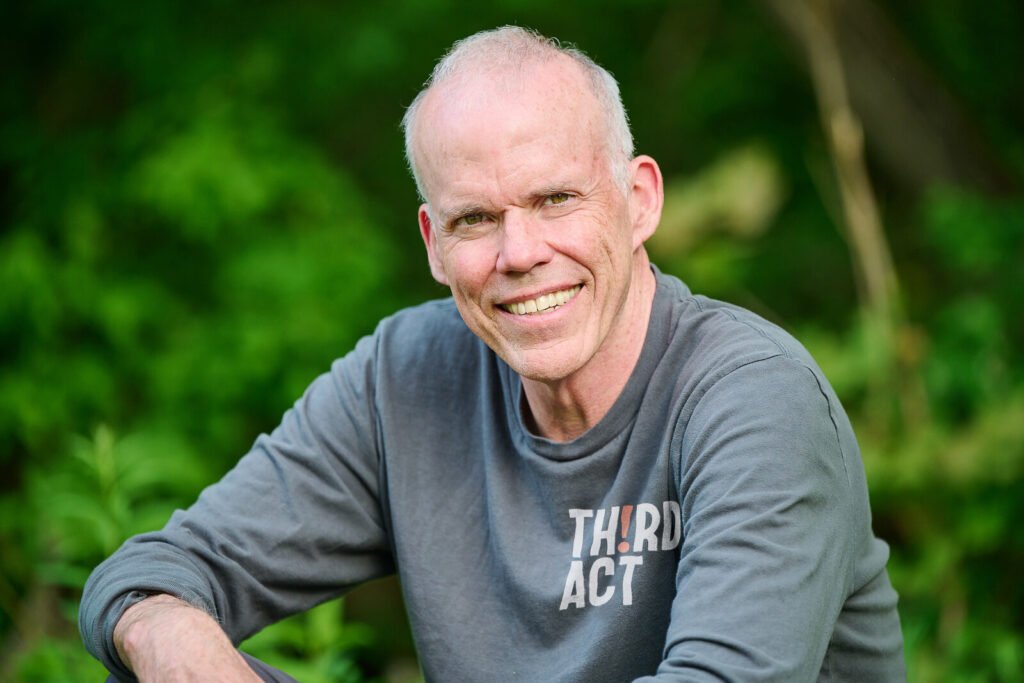
McKibben helped found 350.org, the first global grassroots climate campaign, which has organized protests on every continent, including Antarctica, for climate action. He played a leading role in launching the opposition to big oil pipeline projects like Keystone XL, and the fossil fuel divestment campaign, which has become the biggest anti-corporate campaign in history, with endowments worth more than $40 trillion stepping back from oil, gas and coal. He stepped down as board chair of 350 in 2015, and left the board and stepped down from his volunteer role as senior adviser in 2020, accepting emeritus status. He lives in the mountains above Lake Champlain with his wife, the writer Sue Halpern, where he spends as much time as possible outdoors. In 2014, biologists credited his career by naming a new species of woodland gnat—Megophthalmidia mckibbeni–in his honor.
Ben Cosgrove
Ben Cosgrove is a traveling composer-performer whose music explores themes of landscape, place, and environment. Described by the Boston Globe as “a sonic plein-air painter… [using] his piano as a paintbrush,” Ben has performed in every U.S. state except for Delaware, collaborated with groups ranging from rock bands to research scientists, contributed music to several radio and film projects including the Ken Burns documentary The American Buffalo, and held residencies and fellowships with institutions including NASA, the National Park Service, the National Forest Service, Harvard University, Middlebury College, the Schmidt Ocean Institute, and the Sitka Center for Art & Ecology.

Ben’s music has been called “beautiful and fascinating” (The Maine Edge), “deeply impressive” (Independent Clauses), and “immediately evocative and fully arresting… brim[ming] with technical mastery and emotional capital” (Seven Days). His newest record, Bearings, a collection of improvisation-based music that reflects upon the relationship between movement and place, was released on October 6th, 2023.
For more about Ben and his work, please visit www.bencosgrove.com.
Next Stage is located at 15 Kimball Hill in downtown Putney, VT. Tickets are $15. Advance tickets are available at nextstagearts.org. For information, call 802-387-0102 or visit nextstagearts.org.
Next Stage Arts serves southeastern Vermont as a regional cultural hub, arts producer, and instigator of meaningful cultural experiences. Founded in 2010 as a nonprofit organization, Next Stage Arts is a transformative, community-centered project dedicated to revitalizing Putney’s cultural and economic village center through excellence in arts programming valuing diversity as a springboard for nurturing community.
For more information and updates please go to: nextstagearts.org

